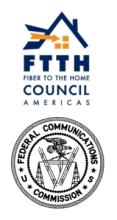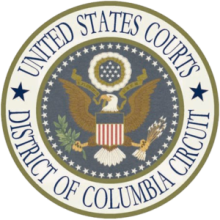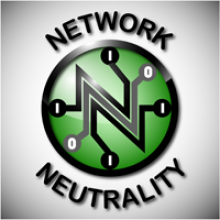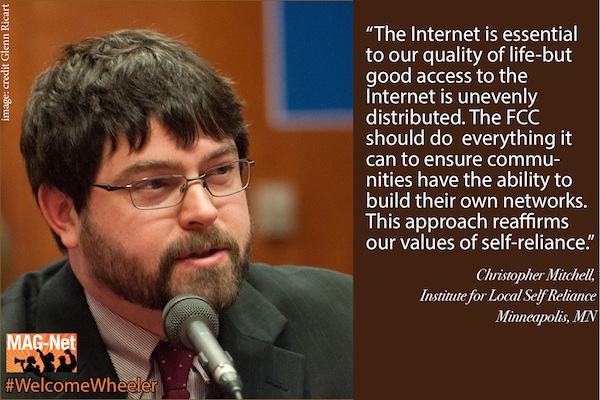March 7th Deadline for Connect America Fund Expressions of Interest
We reported last month on a decision from the FCC to make Connect America funds available to expand broadband. At the time we did not have much detail on the measure, but on January 30th, the FCC released its official statement. The agency reached a unanimous decision to open up Connect America Fund dollars for experimental projects.
The FCC restructured the Universal Services Fund (USF) in 2010 to create the Connect America Fund. Until now, those funds were only available to large incumbents. Because some incumbents did not want to be bound terms associated with the funds, they did not take the money and so a portion of it has not been distributed.
In the January 30th announcement, the FCC stated that it will open up funding to entities other than large incumbents in experimental processes, including nonprofits, cooperatives, municipal and tribal governments, and private businesses. The FTTH Council reported:
Specifically, the Commission’s order outlines a call for multiple pilot projects to examine how best to make the technology transition while preserving consumer welfare and promoting the widespread deployment and use of broadband networks. As part of those projects, the Commission, informed by recommendations of the FTTH Council, will be using “test beds” to experiment with different models of bringing next-generation high-speed broadband to rural areas.
Interested parties must first file an expression of interest, describing how they would invest the funds. In keeping with the original goal of the Connect America fund, the FCC hopes to hear from organizations with rural broadband project plans. According to a Daily Yonder article on the process:
[Jonathan Chambers, the chief of the FCC’s Office of Strategic Planning and Policy Analysis] said the initial “expression of interest” isn’t a complex document. The FCC wants to hear who is interested in applying for support, what homes or institutions they want to serve and an estimate of the cost to get the job done.








